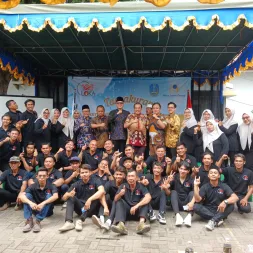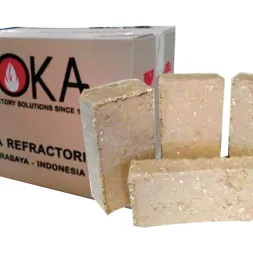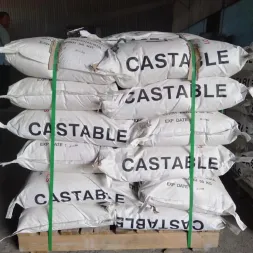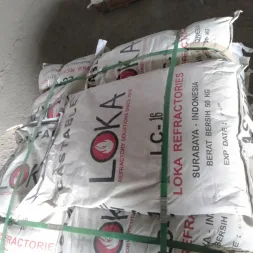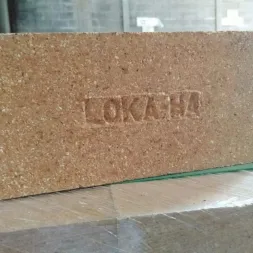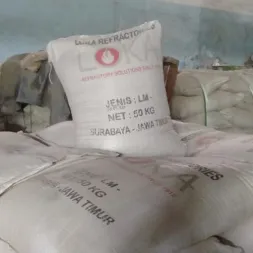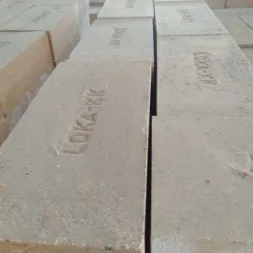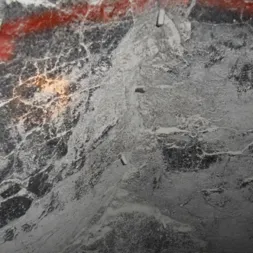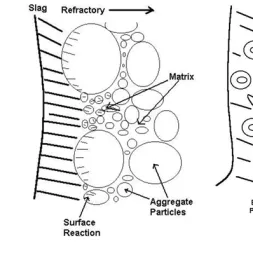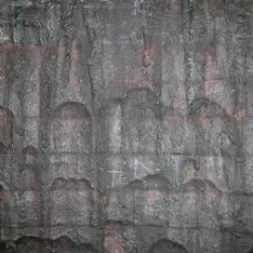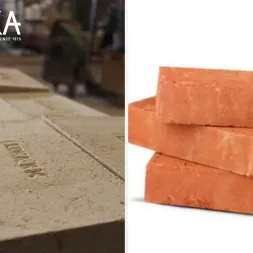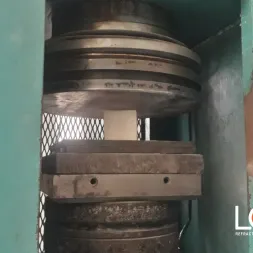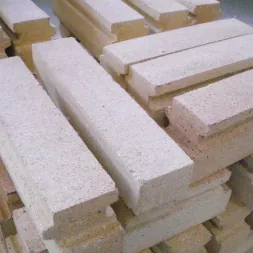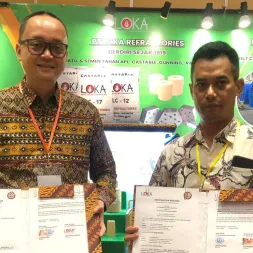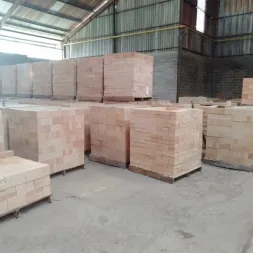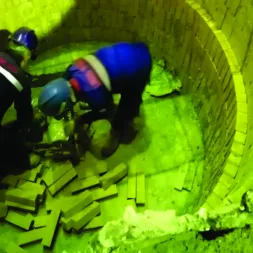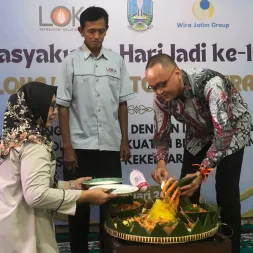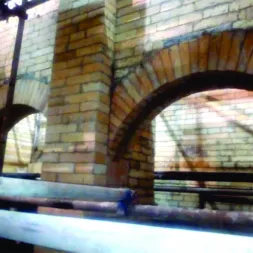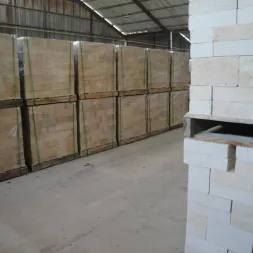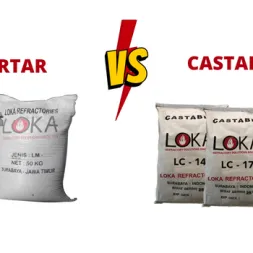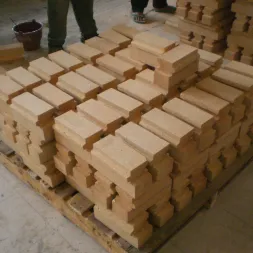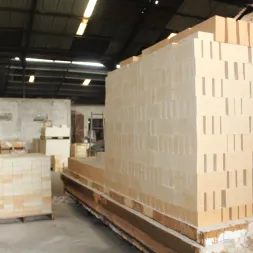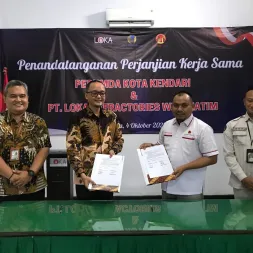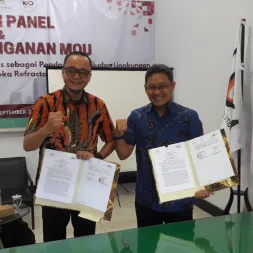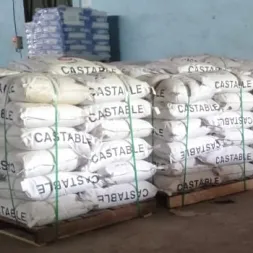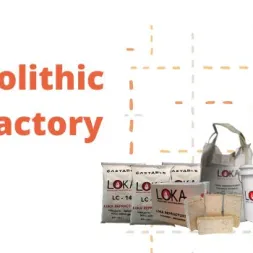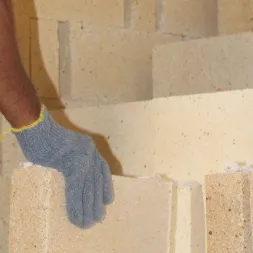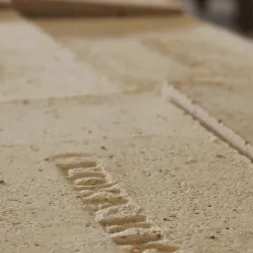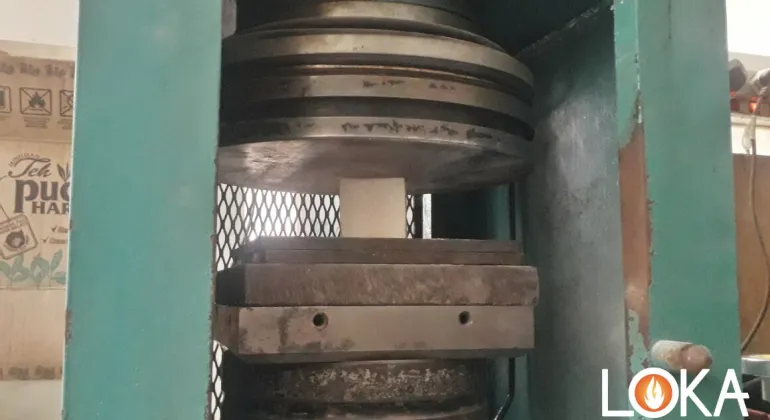
Refractory Material Resistance Test
Loka Refractories - In addition to high temperature and pressure resistance, refractory materials must also be resistant to abrasion.
Abrasion itself is damage in the form of erosion of the refractory lining due to friction with the material in the kiln/furnace/boiler.
Refractory damage can hinder industrial processes and cause considerable losses.
Therefore, refractory materials must be tested for abrasion resistance. One of the indicators is Cold Crushing Strength (CCS) or compressive strength.
What is cold crushing strength and how is it tested? Check out the article below!
- What is Cold Crushing Strength?
Cold Crushing Strength or also known as compressive strength is the ability to withstand refractory materials against compression loads at room temperature.
From the CCS test, information is obtained on the strength in transportation, combustion suitability and resistance to abrasion, bulk density and porosity.
There are many standards for conducting CCS tests, one of which is ASTM C133.
- How is the CCS Test Performed?
The CCS test is conducted by placing a molded or mortar refractory stone or refractory cement sample on a special machine.
Then, the sample will be loaded until it reaches the maximum load and cracks (hydraulic compression). The maximum load will be used to calculate the CCS value.
Cold Crushing Strength is also an indicator of abrasion resistance for PT Loka Refractories products.
Get materials that are tested for performance and quality by contacting:
E-mail : info@lokarefractories.com
Phone : 031-7663307, 0821-4280-8500





